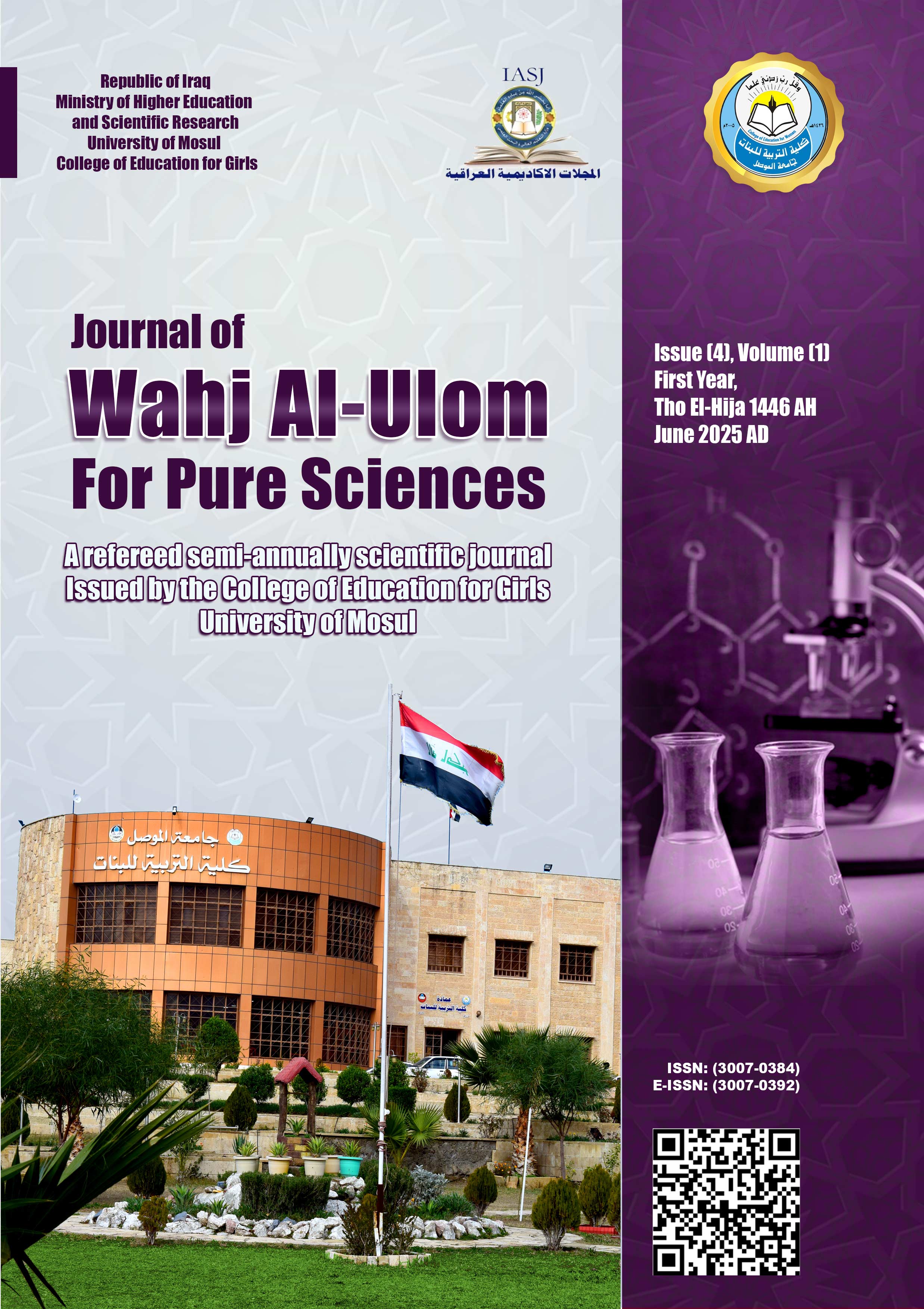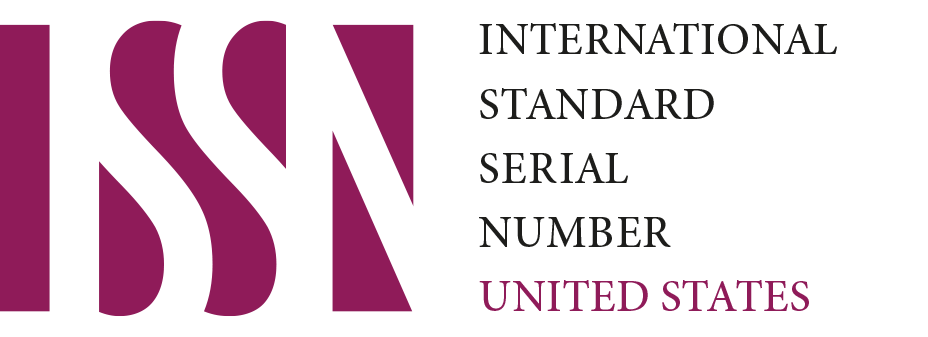Allegations of Research Misconduct
The Journal of Wahj Al-Ulom for Pure Sciences (JWUPS) places the highest priority on addressing research misconduct and employs all available measures to prevent the publication of work that violates scientific and ethical standards. While there is no universally accepted definition of research misconduct, the Council of Editors broadly classifies it into three main categories: actions and conduct. The journal adopts this definition and strictly follows the COPE flowcharts in handling all cases.
The journal has established quality assurance policies to address various forms of research misconduct, including:
-
Mistreatment of research subjects (human or animal)
-
Data falsification and fabrication
-
Piracy and plagiarism
Protection of Animal Rights
The journal will not publish any manuscript that does not include a clear statement on the protection of animal rights. Authors are required to state that their research has been reviewed and approved by an institutional ethics review board, either in the materials and methods section or in the acknowledgments section. Authors are encouraged to include the registry number of the ethics committee approval.
Data Falsification and Fabrication
-
Fabrication refers to creating data or results without actual collection or scientific analysis.
-
Falsification refers to manipulating research materials, processes, or data to produce a desired outcome.
Such practices can occur at any stage of research—from fieldwork to publication—including the misuse of citations by referencing sources that do not support the stated argument. The journal seeks to detect falsification and fabrication at all stages of manuscript handling, from initial screening to detailed review, and even after publication. Reporting such misconduct is an ethical duty shared by authors, co-authors, reviewers, editors, and readers. The journal reserves the right to retract or withdraw any article found to contain falsified or fabricated data, strictly following COPE procedures.
Plagiarism
Plagiarism is the appropriation of another person’s ideas, processes, results, or words without proper credit. Self-plagiarism occurs when an author republishes their own work, data, or text in multiple journals without legitimate justification. The journal employs advanced tools to detect plagiarism, and any manuscript with textual similarity exceeding 20% will be returned to the author for revision to reduce similarity and ensure originality. The journal strictly follows the COPE guidelines in handling plagiarized work


